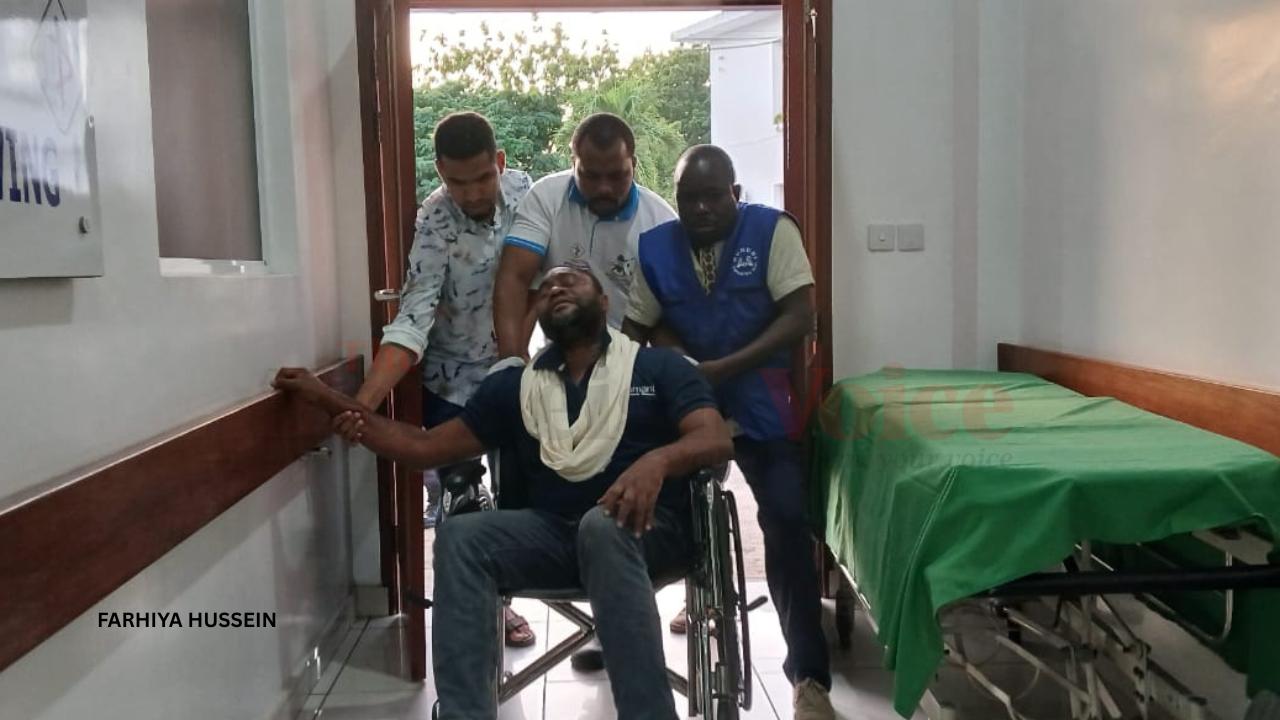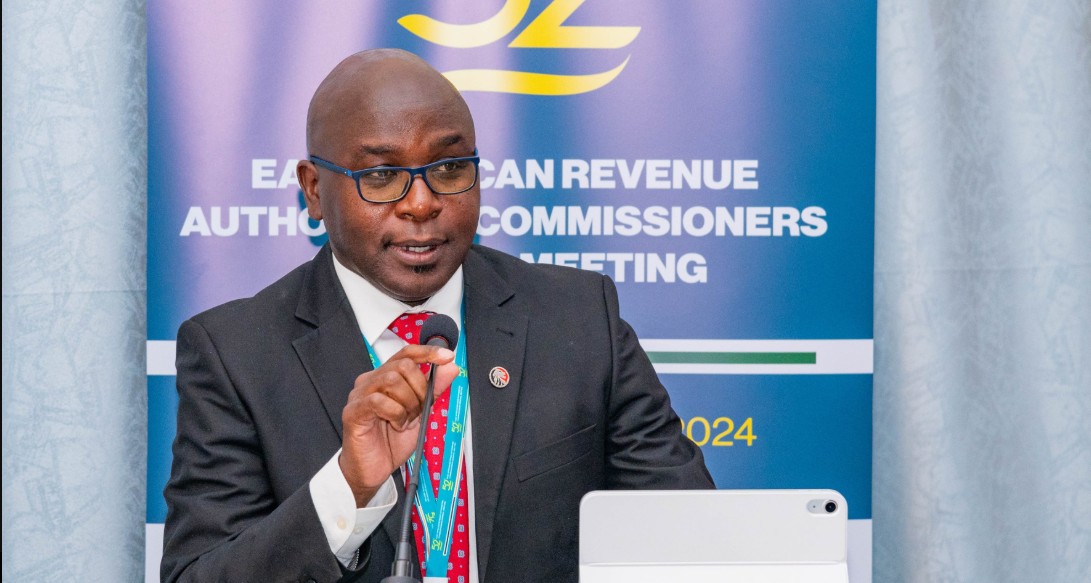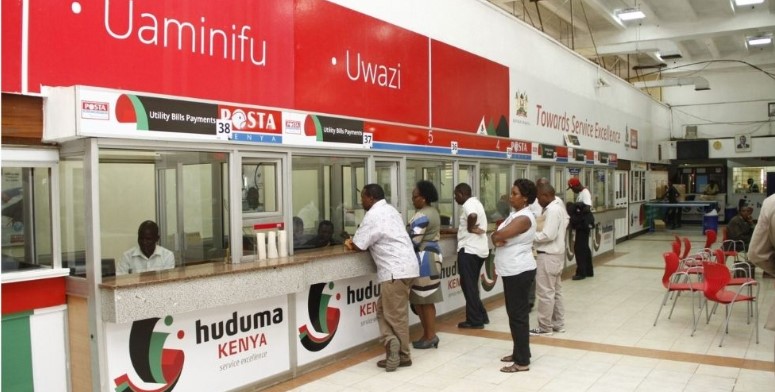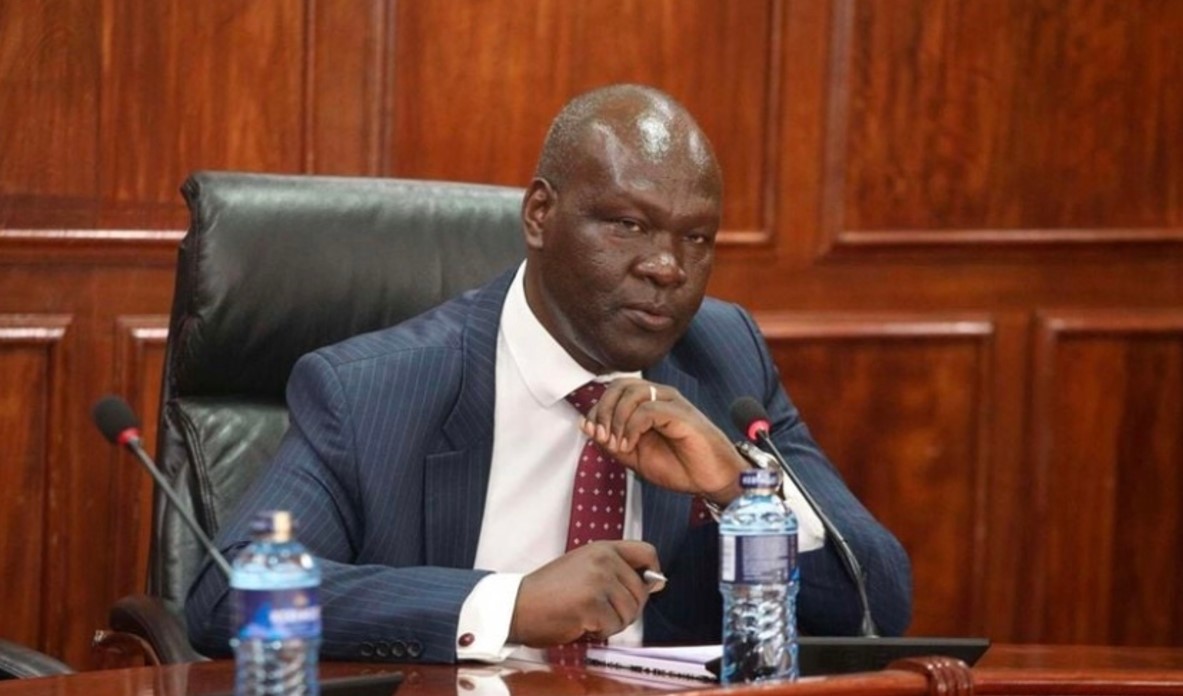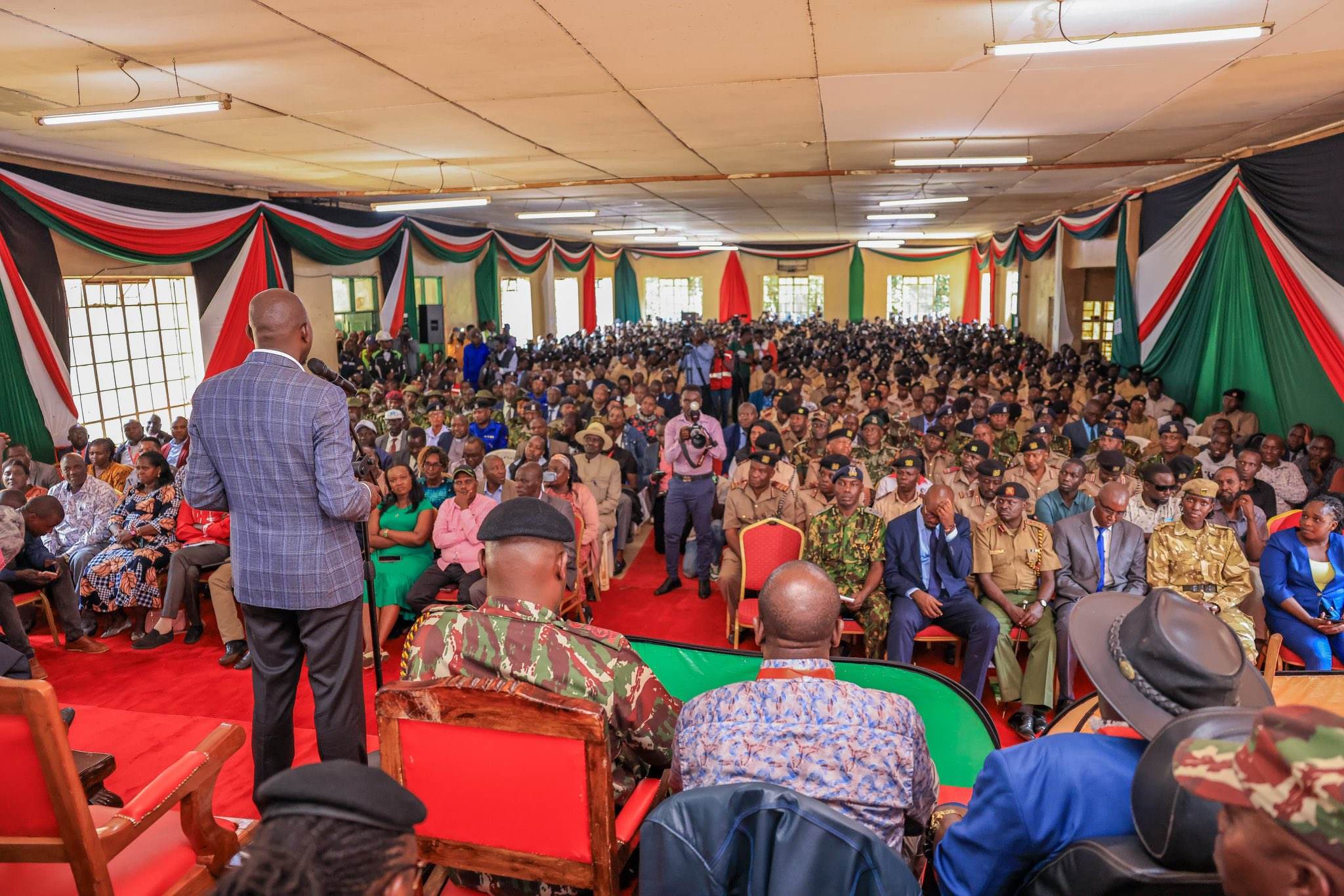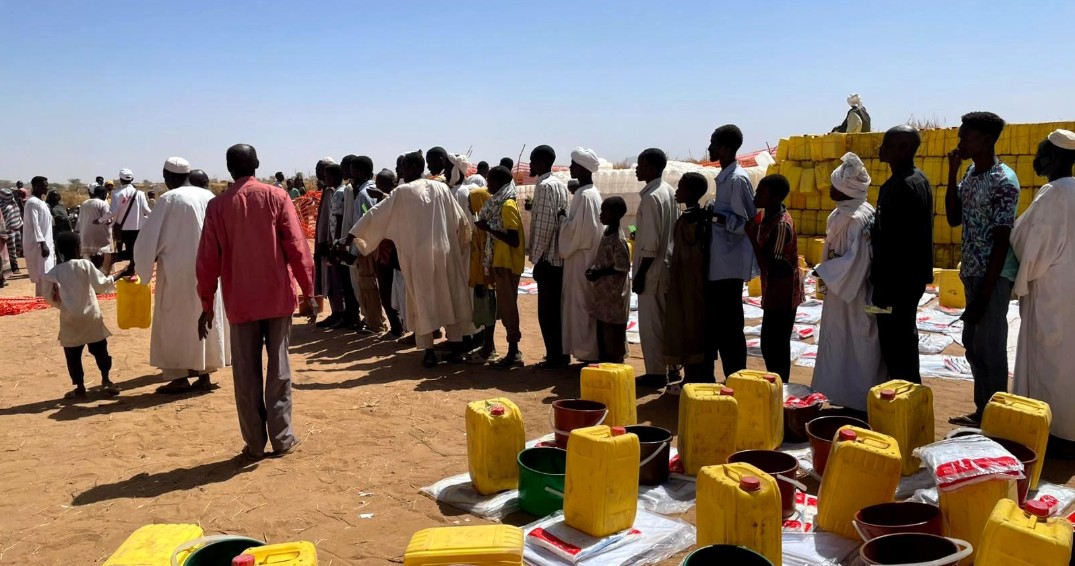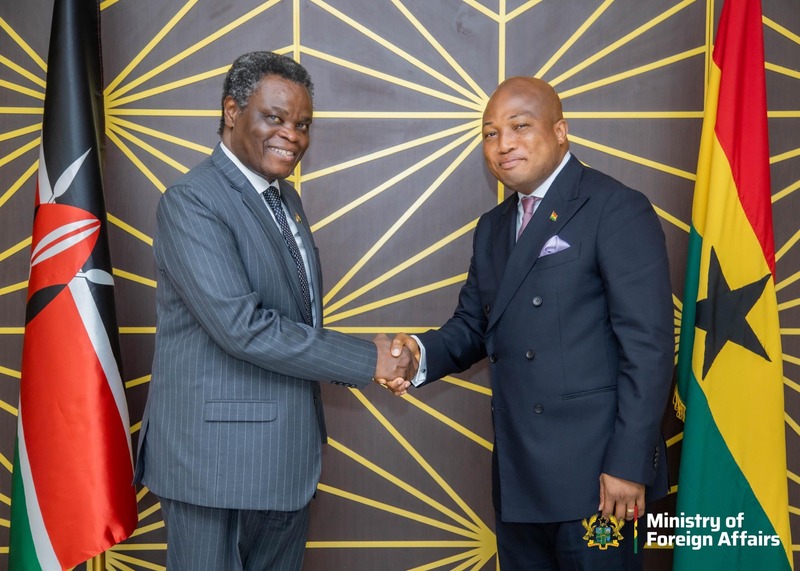Major food aid 'scale-up' underway to famine-hit Sudan, WFP says
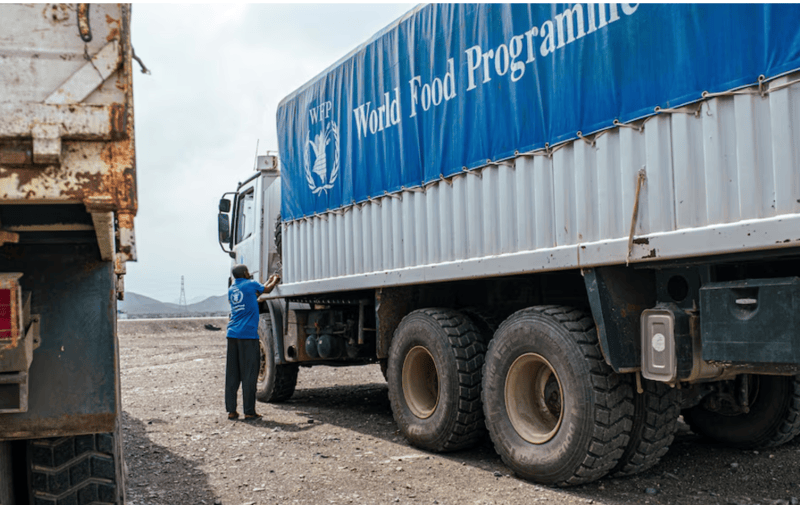
Some of the food is intended for 14 areas of the country that face famine or are at risk of famine, including Zamzam camp in the Darfur region.
More than 700 trucks are on their way to famine-stricken areas of Sudan as part of a major scale-up after clearance came through from the Sudanese government, a World Food Programme spokesperson said on Tuesday.
The army and the paramilitary Rapid Support Forces have been locked in conflict since April 2023 which has caused acute hunger and disease across the country. Both sides are accused of impeding aid deliveries, the RSF by looting and the army by bureaucratic delays.
More To Read
- Sudan's paramilitary-led coalition announces formation of parallel government
- IOM seeks urgent funds to aid 1.3 million war-displaced Sudanese returning home
- UN warns of worsening hunger, disease and displacement crisis in Eastern Africa
- WFP to halt humanitarian aid in Northeast Nigeria, leaving 1.3 million at risk
- Garissa unveils irrigation policy to boost food security, climate resilience and economic growth
- Over 100 NGOs call for urgent access routes for aid into Gaza
"In total, the trucks will carry about 17,500 tons of food assistance, enough to feed 1.5 million people for one month," WFP Sudan spokesperson Leni Kinzli told a press briefing in Geneva.
"We've received around 700 clearances from the government in Sudan, from the Humanitarian Aid Commission, to start to move and transport assistance to some of these hard-to-reach areas," she added, saying the start of the dry season was another factor enabling the scale-up.
The WFP fleet will be clearly labelled in the hope that access will be facilitated, she said.
Some of the food is intended for 14 areas of the country that face famine or are at risk of famine, including Zamzam camp in the Darfur region.
The first food arrived there on Friday prompting cheers from crowds of people who had resorted to eating crushed peanut shells normally fed to animals, Kinzli said.
A second convoy for the camp is currently about 300 km (186 miles) away, she said.
On Monday, the head of Sudan's sovereign council, Abdel Fattah al-Burhan, said he would allow the airports in El Obeid, Kadugli, and Damazine - army-controlled areas isolated by the fighting - to serve as humanitarian hubs for U.N. agencies to facilitate deliveries.
Top Stories Today


